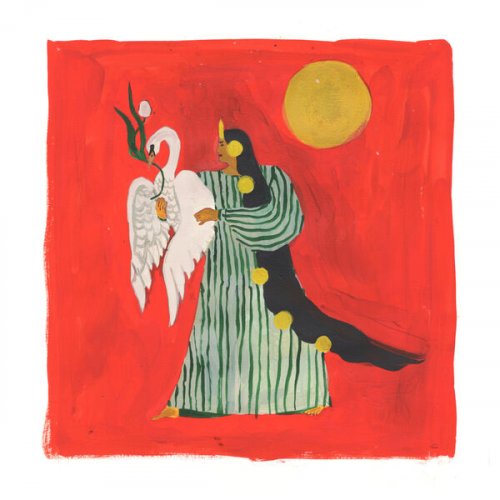Mathias Eick - Midwest (2015) [Hi-Res]
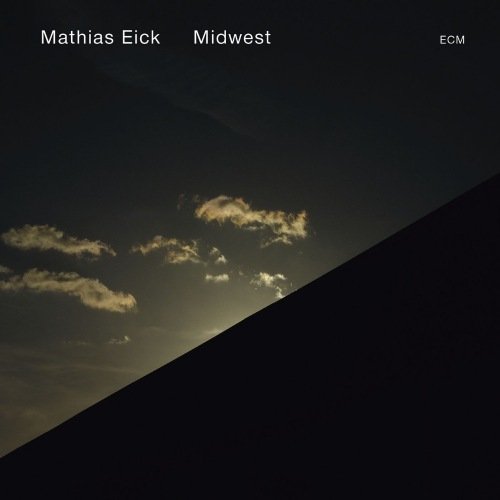
Artist: Mathias Eick
Title: Midwest
Year Of Release: 2015
Label: ECM Records
Genre: contemporary jazz, modern creative, nordic jazz
Quality: FLAC (tracks) 24/96
Total Time: 00:42:44
Total Size: 851 MB
WebSite: Album Preview
Tracklist:Title: Midwest
Year Of Release: 2015
Label: ECM Records
Genre: contemporary jazz, modern creative, nordic jazz
Quality: FLAC (tracks) 24/96
Total Time: 00:42:44
Total Size: 851 MB
WebSite: Album Preview
01 Midwest (05:13)
02 Hem (05:17)
03 March (05:56)
04 At Sea (04:07)
05 Dakota (04:59)
06 Lost (05:46)
07 Fargo (06:23)
08 November (05:03)
Norwegian trumpeter Mathias Eick opts for a different approach on Midwest. Four years after the song-like Skala, his sophomore ECM date that has attained "classic" status in European critical circles, he employs notions of history, folk tradition, and dislocation. This album was inspired by Eick's time spent playing the American continent; his tour began on the West Coast. When he entered the rural, upper Midwest and encountered its vast open spaces, he began to feel a sense of "home." He later learned that over the past two centuries of immigration, over a million Norwegians had settled there. After conceiving a "road" album that would begin in Hem, the village of his birth, and traverse the ocean to America, Eick enlisted violinist Gjermund Larsen (a folk musician who has contributed to Christian Wallumrød's ECM recordings), pianist Jon Balke, double bassist Mats Eilertsen, and percussionist Helge Norbakken. The compositions are all lyrical, in typical Eick fashion, but with Larsen they take on a rougher, more earthen quality. The violinist's attention to the instrument's early, raw, root sound lends balance to these melodies, and the interplay between violin and trumpet throughout is not only alluring, but often arresting. On the title track, there is a gently euphoric feel as the lyric unfolds, which, via Larsen's violin and Norbakken's hand shakers (he's a member of the Batagraf ensemble), offers rhythmic and melodic traces of Native American song in contrast. "March," with gorgeous ostinato playing from Balke and halting arco work from Eilertsen, is much more open, embracing mode and rhythm along an improvisational line while Eick's horn takes on a flute-like quality in its lyricism. The tune's feel is not unlike those heard on Pat Metheny's early records for ECM, despite obvious textural and tonal differences. "Dakota"'s percussion evokes the thunder of bison hooves crossing the plains, as the ghostly, minor-key harmonic interplay suggests the spooky, imposing Black Hills. "Fargo," in an obvious nod to the Coen Brothers film, strings together a gentle, lullaby-esque folk song with strains of drama and humor. The darker violin meets Eick's trumpet in the head to contrast the familiar with the mysterious. Balke's lovely solo is particularly suggestive of the latter. Despite the obvious nods to America, Midwest is deliberately more Norwegian in its musical outlook than some of Eick's other recordings. Therefore, it perfectly illustrates the thematic frame of the journey he set out to portray: that of the immigrant encountering the unknown and embracing it, and in the process, creating a new personal and cultural history without forsaking the old one.

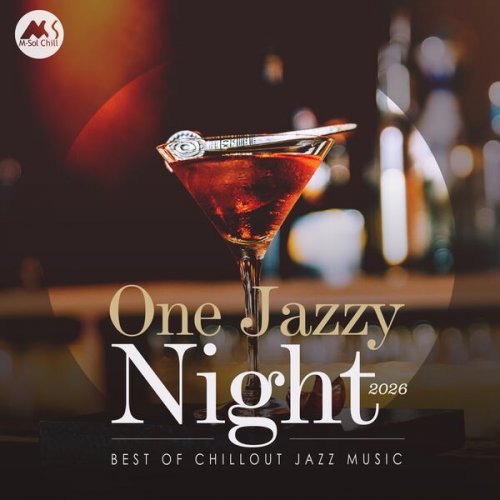
![Dino Siani - Mosaico Barocco (2026) [Hi-Res] Dino Siani - Mosaico Barocco (2026) [Hi-Res]](https://img.israbox.com/img/2026-02/20/56itjdvowkeoaf6sr37eyqjai.jpg)
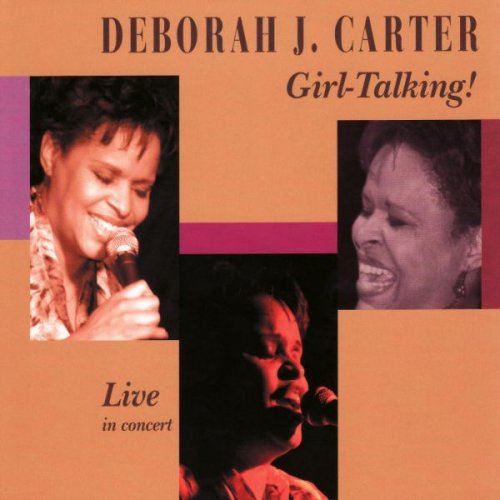
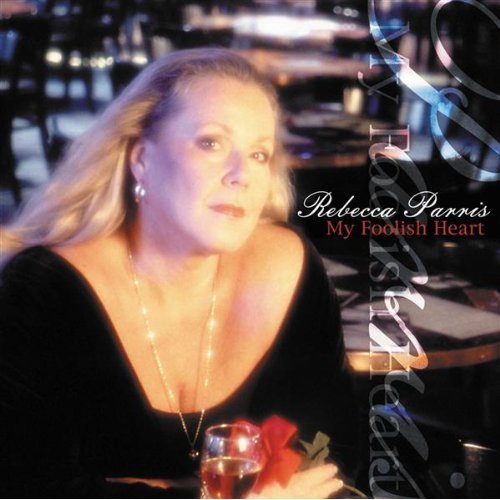
![Joe Pass - Virtuoso (1974) [2025 DSD256] Joe Pass - Virtuoso (1974) [2025 DSD256]](https://www.dibpic.com/uploads/posts/2026-02/1771609997_ff.jpg)
![William Ackerman - Past Light (1983) [1997 Japanese Edition] William Ackerman - Past Light (1983) [1997 Japanese Edition]](https://www.dibpic.com/uploads/posts/2026-02/1771702726_001.jpg)
![Matt Monro - Matt Sings Monro (Live at the BBC, Remastered 2023) [Hi-Res] Matt Monro - Matt Sings Monro (Live at the BBC, Remastered 2023) [Hi-Res]](https://www.dibpic.com/uploads/posts/2026-02/1771586614_k3yj19donljhc_600.jpg)
